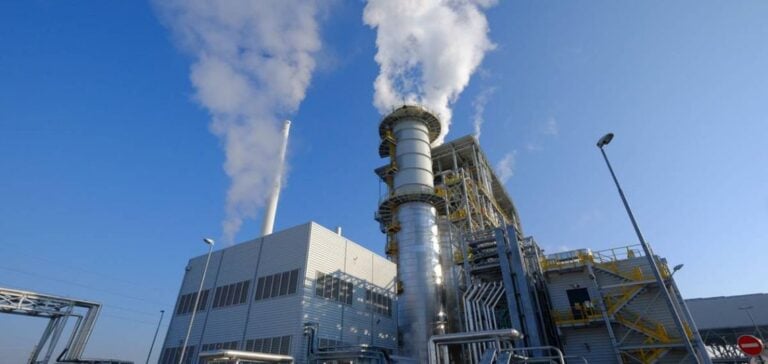Italy’s electricity and gas regulator, Arera, has announced a significant increase in maximum payments in capacity auctions for the years 2025 to 2027, setting the new cap at €81,000 per megawatt (MW) for new capacity. This decision, communicated on March 28, marks an increase on the previous auctions for 2022 to 2024, where the maximum was set at 70,000 euros/MW for new capacity and 33,000 euros/MW for existing capacity, with a payment period spread over 15 years.
Secondary market and new tariffs
Acquired capacity can be traded on a secondary market, with monthly delivery, introducing an additional dynamic into the management of energy supply and demand. For the periods 2025, 2026 and 2027, payments for existing capacity will also rise, reaching 39,000 euros/MW. These tariff adjustments are based on a series of benchmarks and standard operating rates for open-cycle gas turbine units, refining the remuneration model in favor of greater market efficiency and responsiveness.
Impact of market conditions
The tariff adjustments come against a backdrop of significant challenges and opportunities for the Italian energy sector. Market impacts such as the COVID-19 pandemic of 2020 and the gas price surge of 2022 delayed preparations for the 2025 market. At the same time, electricity demand in Italy is set to grow, driven by the increased electrification of energy needs, such as electric vehicles, heat pumps and electrolysers.
This anticipated growth, from 317 terawatt-hours (TWh) in 2022 to 343 TWh in 2028 and 378 TWh in 2033, underlines the crucial importance of regulatory adjustments and strategic investments to ensure a balance between supply and demand, while navigating towards a more sustainable energy future less dependent on fossil fuels.





















